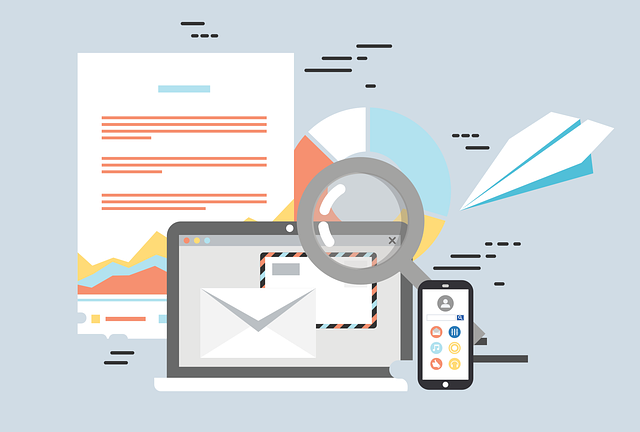In today's digital era, AI-powered systems are revolutionizing auto shop marketing by offering unprecedented advantages in personalization, efficiency, and customer engagement. These intelligent technologies analyze vast data sets to provide valuable insights into purchasing patterns, enabling auto businesses to create personalized campaigns based on specific demographics. Additionally, they streamline lead qualification, automate administrative processes, optimize routine maintenance, and predict customer preferences through predictive analytics. AI chatbots offer 24/7 support, enhancing overall customer satisfaction and loyalty, while freeing up staff to focus on more complex tasks. This integration of AI-driven systems is transforming the automotive sector, significantly boosting engagement and sales potential.
In today’s digital era, auto businesses are exploring AI implementation strategies to stay competitive. This article delves into the transformative potential of Artificial Intelligence for automotive enterprises, focusing on three key areas: understanding AI integration, leveraging AI-powered systems for marketing success, and maximizing efficiency and customer engagement. By adopting these strategies, auto shops can revolutionize their operations, enhance customer experiences, and drive business growth through data-driven insights and innovative solutions.
- Understanding AI Integration for Auto Businesses
- Implementing AI-Powered Systems for Marketing Success
- Maximizing Efficiency and Customer Engagement with AI Tools
Understanding AI Integration for Auto Businesses

In today’s digital era, AI integration has become a game-changer for auto businesses, revolutionizing the way they operate and interact with customers. By implementing AI-powered systems, auto shops can streamline their marketing strategies and enhance customer experiences. For instance, AI algorithms can analyze vast amounts of data to identify trends and preferences among target audiences, enabling personalized marketing campaigns that resonate with specific customer segments. This level of customization ensures that promotional efforts are not only effective but also cost-efficient.
Furthermore, AI-driven systems offer auto businesses valuable insights into customer behavior, allowing them to predict maintenance needs and service requests. Such predictive analytics can be leveraged to optimize shop schedules, minimize wait times, and enhance overall operational efficiency. Moreover, by integrating AI chatbots, auto shops can provide instant customer support, answering basic queries and offering guidance, thereby improving customer satisfaction and fostering brand loyalty.
Implementing AI-Powered Systems for Marketing Success

In today’s digital era, AI-powered systems are transforming every industry, and the automotive sector is no exception. For auto businesses looking to stay competitive, implementing AI in marketing strategies is a game-changer. These advanced systems can analyze vast amounts of customer data, providing insights into purchasing behaviors, preferences, and trends that were previously difficult to attain. By leveraging machine learning algorithms, auto shops can personalize their marketing campaigns, targeting specific demographics with tailored offers and promotions, thereby increasing engagement and sales potential.
AI also enables more effective lead generation and management. Through natural language processing (NLP), auto shop marketing teams can automate the process of qualifying leads by analyzing customer inquiries and chat interactions. This allows for quicker response times and improved customer satisfaction as personalized recommendations are made based on individual needs, setting the stage for successful sales conversions.
Maximizing Efficiency and Customer Engagement with AI Tools

In today’s digital era, AI-powered systems are transforming auto businesses by maximizing efficiency and customer engagement. Auto shops can leverage AI tools for various tasks, from streamlining routine maintenance schedules to providing personalized recommendations based on vehicle history. These systems can also automate administrative processes like appointment booking and inventory management, allowing staff to focus on more complex tasks.
Moreover, AI-powered marketing strategies are revolutionizing how auto businesses connect with their customers. By analyzing vast amounts of data, these tools can identify trends, predict customer preferences, and deliver targeted campaigns. This level of personalization enhances customer engagement, fostering stronger relationships and ultimately driving sales. AI-driven marketing also extends to chatbots and virtual assistants, which can handle customer inquiries promptly, providing 24/7 support and improving overall customer satisfaction.
AI implementation strategies are transforming the automotive industry, offering businesses efficient solutions for maximizing customer engagement. By adopting AI-powered systems for marketing, auto shops can enhance their campaigns and target audiences more effectively. Furthermore, these technologies streamline operations, allowing businesses to optimize processes and deliver exceptional customer experiences. Embracing AI integration is a game-changer for auto companies aiming to stay competitive in the digital age.
